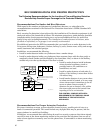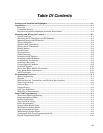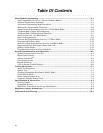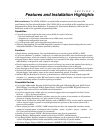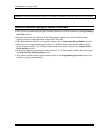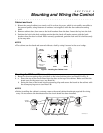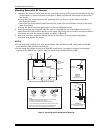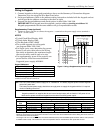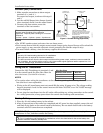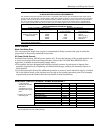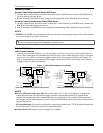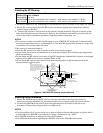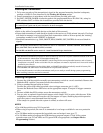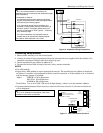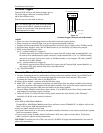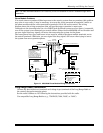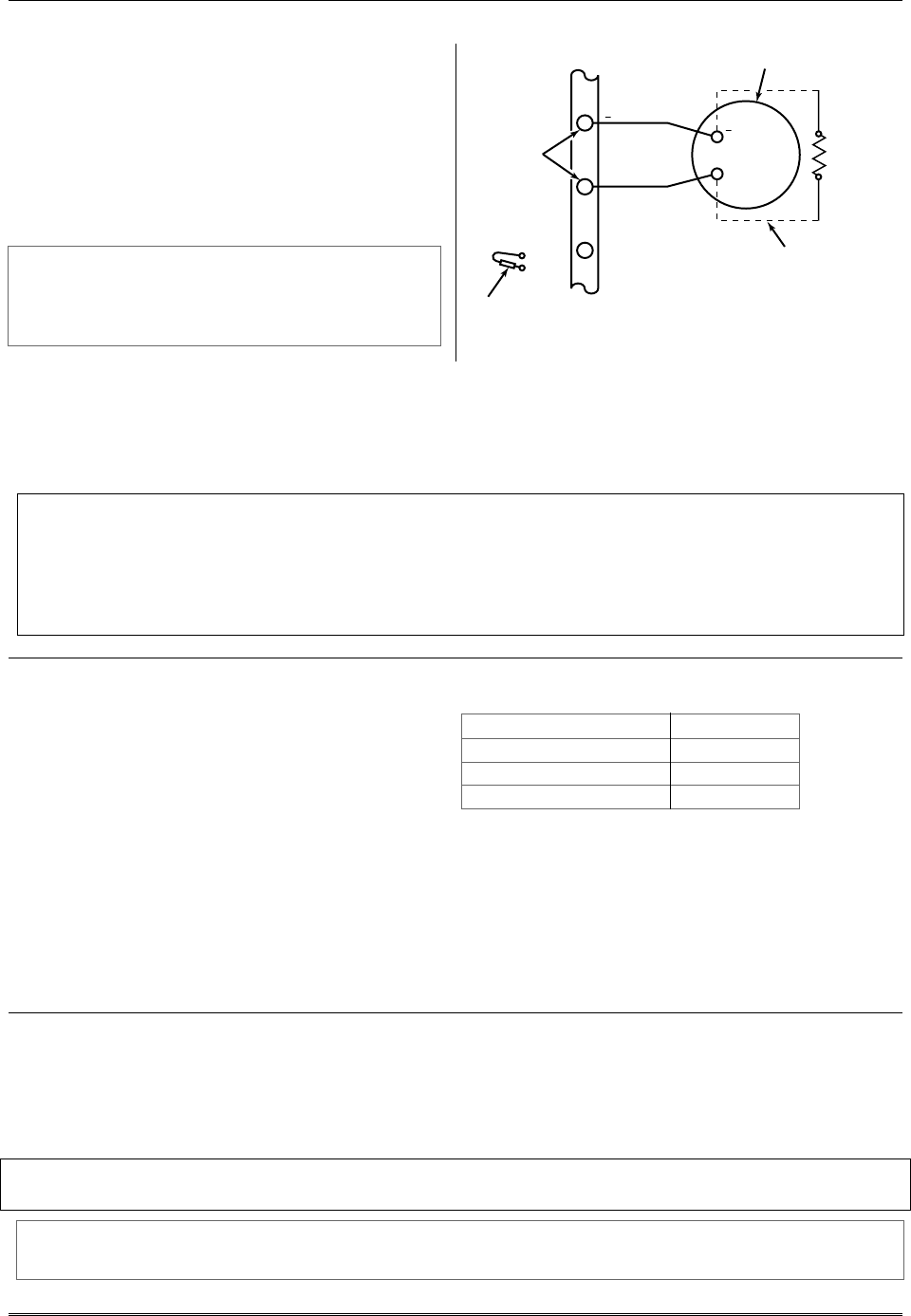
Sounder (Bell) Connections
1. Make sounder connections to alarm output
terminals 3 (+) and 4 (–).
For supervised output, continue with steps 2
and 3.
2. Cut the red Bell Supervision Jumper located
above terminals 2 and 3 on the control board.
3. Connect a 2k ohm resistor across the
terminals of the last sounder.
This control complies with NFPA requirements for
temporal pulse sounding of fire notification
appliances. Temporal pulse sounding for a fire alarm
consists of:
3 pulses – pause – 3 pulses – pause – 3 pulses–etc..
+
+
2
EXTERNAL ALARM
SOUNDER
TERMINALS ON
CONTROL BOARD
ALARM
OUTPUT
TERMINALS
sounder-001-V0
3
4
CUT RED JUMPER ON CONTROL
BOARD TO ENABLE BELL
(SOUNDER) SUPERVISION.
2000
OHM
EOL
RESISTOR
IF BELL SUPERVISION IS ENABLED
(RED JUMPER ON CONTROL BOARD IS CUT)
CONNECT A 2000 OHM RESISTOR ACROSS
THE EXTERNAL SOUNDER AS SHOWN BY
THE DOTTED LINE.
DO NOT CONNECT THE RESISTOR AT THE
ALARM OUTPUT TERMINALS THEMSELVES!
OBSERVE
POLARITY
Figure 5. Sounder Wiring (Supervised)
NOTES
• The 12VDC sounder output activates when an alarm occurs.
• Total current drawn from this output cannot exceed 2 amps (going beyond 2 amps will overload the
power supply, or may cause the electronic circuit protecting the sounder output to trip).
• You must install a battery, since the battery supplies this current.
U
L
• Use only UL Listed sounding devices for UL installations.
• Bell supervision is required for fire alarm installations.
• The total current drawn from the alarm output and the
auxiliary power output, combined, cannot exceed 600
mA. In addition, the sounding device must be a UL Listed audible signal appliance rated to operate in a 10.2-
13.8 VDC voltage range, and must be mounted indoors.
Wiring the AC Transformer
Connect the 1321 Transformer to terminals 1 and
2 on the control board. See Wire Run Chart for
wire size to use.
(Use 1321CN in Canada.)
NOTES
Wire Run Chart
Distance from control Wire Size
Up to 50 feet # 20
50–100 feet # 18
100-250 feet # 16
• Use caution when wiring the transformer to the control to guard against blowing the transformer
fuse (the fuse is non-replaceable).
• Wiring to the AC transformer must not exceed 250 feet using 16 gauge wire. The voltage reading
between terminals 1 and 2 of the control must not fall below 16.5VAC or an “AC LOSS” message
will be displayed.
• Do not plug the transformer into the AC outlet while making any wiring connections to the control.
As a safety precaution, always power down the control when making such connections.
Backup Battery
1. Place the 12-volt backup battery in the cabinet.
2. After all connections to the control are completed and AC power has been applied, connect the red
and black flying leads on the control board to the battery. Do not attach these leads to the battery
terminals until all connections are completed.
IMPORTANT: The panel will not power up initially on battery power only. You must plug the
transformer in first, and then connect the battery.
U
L
For UL installations and Residential fire installations, refer to the chart below for the correct battery size
required to meet the mandatory standby time.
Installation Instructions
2-4



